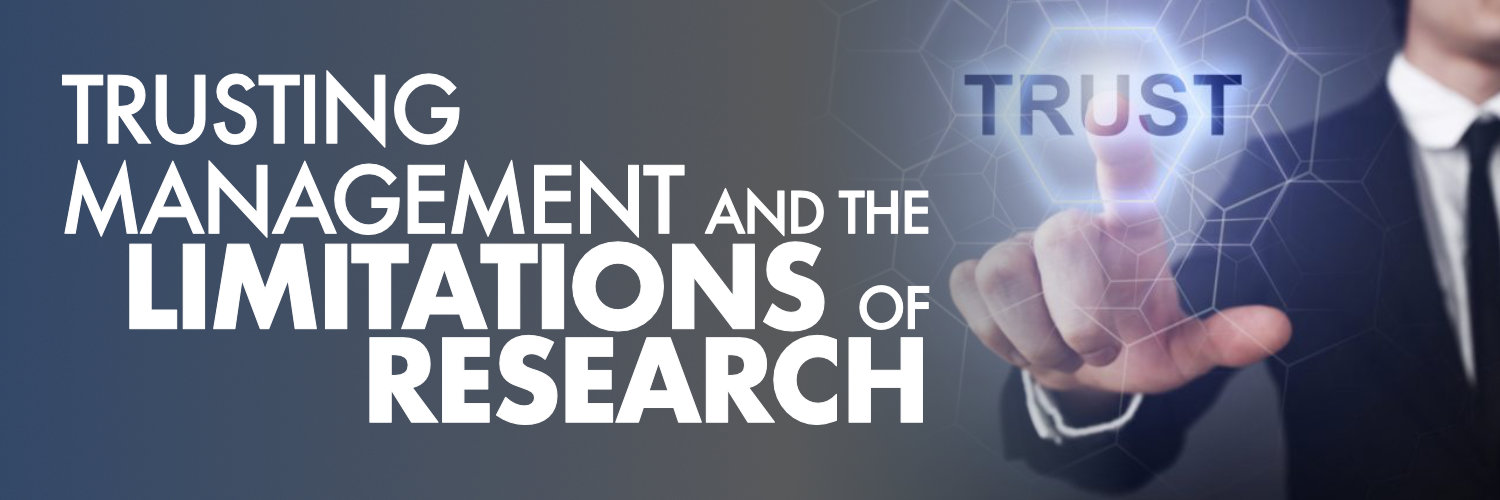
Shelf Life
My intention is to hold stocks forever, but the harsh reality is every stock has different shelf life.
One of the things I have learned through my years of investing is that there are limits to the usefulness of research and there is a point of diminishing returns.

One of the things I have learned through my years of investing is that there are limits to the usefulness of research and there is a point of diminishing returns. No matter how much due diligence you perform on a company there will always be blind spots and risks. Even the CEO can’t know and predict everything. Some risks and facts are knowable and others just aren’t. As an investor, I think it is important to be cognizant of these limits and to know where the boundaries might be. I don’t want to spend too much time researching a company when my efforts might be better spent researching another company or another investing activity. Let me illustrate my point with some examples:
As you can see from the above, there are risks that you just can’t avoid and often large amounts of due diligence will do little to mitigate the risks. Let me be clear by saying that I’m not advocating small amounts of research or buy and forget. I’m simply saying that beyond a certain amount of due diligence you are often wasting your time. I’m reminded of a famous Warren Buffett quote:
“You should focus on what’s important and knowable.” – Warren Buffett
While there are limits to what you can learn by research, having the right management team in place at the company and knowing that they are trustworthy will go a long way to mitigating many risks. A good management team will know how to take steps to mitigate risks and will also be adept at steering the ship when the waters get choppy. Companies are not just assets and liabilities and are run by people. How good those people are will greatly impact how the company performs.
One of the key steps in due diligence of a company is determining if management is trustworthy. When you buy a stock you are hiring someone to manage your money. It is no different than hiring an electrician or anyone else that provides a service for you. You want someone that is trustworthy.
There are a few aspects of being trustworthy. I think there are two basic categories to examine. First, you want to know if management has the right ethics and is looking out for your best interest. Second, you want to know if management has the skills for the job so you know if you can trust that they will make the right moves. I’m going to focus more on the former than on the latter as I think the later is a much more involved and complex subject. On the later it might be better to read a book like the Intelligent Fanatics Project or some other book on management.
There are lots of different ways to determine if management has the right ethics and is looking out for your best interest. The main key is to look at past actions. Below I list a number of things I evaluate and some tips to determine if management is trustworthy.
The list above certainly isn’t exhaustive but it gives you some ideas on sizing up management to determine if they have the right ethics and are looking out for your best interests. While I indicated I’m not going to focus on whether management has the right skills for the job, I am going to leave you with one thought on the subject. I invest mostly in profitable companies or at least those that are close to profitability. Investing in profitable companies derisks the business model but it is also a great shortcut in evaluating management skill.
I have often said that..
A monkey can run an unprofitable company. A growing, profitable company is usually a sign of great skill and discipline of management.
— Stock Trader (@MikeDDKing) November 12, 2016
If management has been able to bring the company to profitability, then usually they have some pretty good skills in management. For example, it usually means they know how to create a product or products, they know how to market and sell, and they know how to manage expenses. If the company is not profitable, you need to assess management even more closely because you usually don’t have as much of a track record on which to build trust. That doesn’t mean you can’t make money on an unprofitable company. It is just much harder to pick the ones that are going to make you money.
In summary, performing research on a company is an important aspect of the investing process but there are limits to research so you need to be able to trust management to know that they will be able to steer the ship through the inevitable challenges that any business will encounter. A crucial step in researching a company is assessing management. You should do maintenance research on a company after you own the stock to continue to evaluate the company but remember that there are limits to how much due diligence is effective. Also, all the due diligence in the world will not prevent you from making investing mistakes. Nobody with a significant amount of investing experience will get every company right. That is why you need to diversify your investments so you spread risk around.
===> Interact and learn with 250+ of the best microcap investors on the planet. [Join Us]
MicroCapClub is an exclusive forum for experienced microcap investors focused on microcap companies (sub $500m market cap) trading on United States, Canadian, European, and Australian markets. MicroCapClub was created to be a platform for experienced microcap investors to share and discuss stock ideas. Since 2011, our members have profiled 1000+ microcap companies. Investors can join our community by applying to become a member or subscribing to gain instant view only access. MicroCapClub’s mission is to foster the highest quality microcap investor Community, produce Educational content for investors, and promote better Leadership in the microcap arena. For more information, visit http://microcapclub.com and https://microcapclub.com/summit/
Get Alerted to our Next Educational Blog Post

My intention is to hold stocks forever, but the harsh reality is every stock has different shelf life.

How does a business get a premium valuation when they sell a commodity?

It's often how you react (or don't) to the same situations that shows you how much you’ve grown.